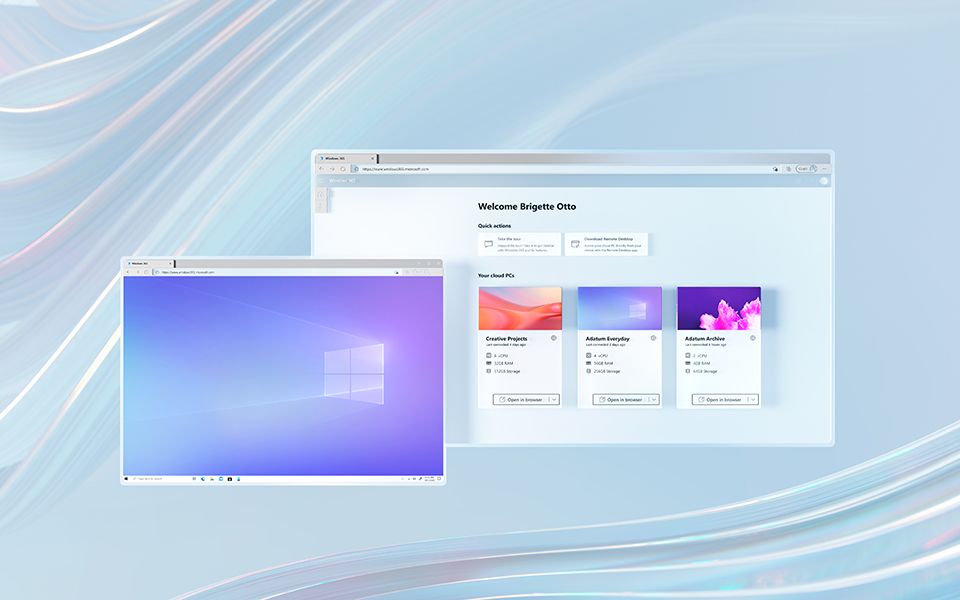According to redacted internal documents released to the public as part of Microsoft's legal battle with the Federal Trade Commission over its acquisition of Activision Blizzard, Windows 11 could soon be heading to the cloud for more users. While Microsoft already offers this as a service for enterprise users, dubbed as Windows 365, the documents make it apparent that the Redmond firm is planning to put Windows in the cloud for consumers, too. That means that soon there's a chance that you might be able to stream and use Windows 11 on any device you own.
The document, which was reported on by The Verge and spotted by Windows Central, makes mention of this on page 30 of the digital PDF. In a section for "Modern Life strategy and priorities," Microsoft mentions that part of its fiscal year 2022 goals was planning to "grow cloud PC with Windows 365." Later, the company also goes on in the document on page 39 to detail that it wants to "build on Windows 365 to enable a full Windows operating system streamed from the cloud on any device."
Perhaps the most interesting aspect, though, is where Microsoft mentions that it wants to "use the power of the cloud and client to enable improved AI-powered services and full roaming of people's digital experience." This hints at certain things that Microsoft has already accomplished with Windows 365, like the integration with Task View in Windows 11, or Windows 365 Boot to launch cloud PCs as soon as you log into a physical Windows PC.
Microsoft has been invested in the cloud for quite a while now and has had much success. It already has Xbox Cloud Gaming for consumers, and services like Microsoft Office has fully gone over to the cloud over the years. So, it is a natural choice to bring Windows over there, too. It's not the first time that this has been mentioned, either. Windows Central's Zac Bowden previously spotted internal documents that suggested features for a version of Windows 365 for consumers such as an option for parents to log into a child's cloud PC session, along with a possible cost of $10 per month. None of that is final, though, so we'll have to wait and see if Microsoft makes an official announcement in the near future.

